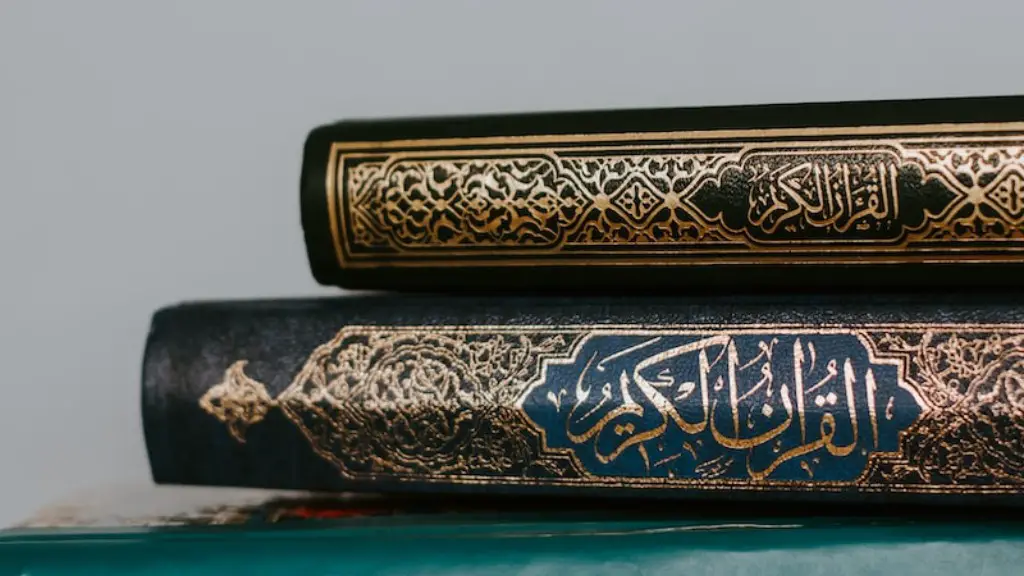Hoilidays in Hinduism
Hinduism is an ancient religion, one of the oldest in the world. It has been evolving for over five thousand years, and has become an invaluable part of India’s culture and history. The Hindus celebrate many festivals with great devotion and fervor, each of them contributing to the richness of their ancient faith. Some of the more well-known holidays celebrated in Hinduism are Holi, Navratri, Bhai Dooj, Diwali and many more. During each of these holidays, Hindus observe special rituals and traditions to mark the occasion.
Holi
Holi is a two-day holiday celebrated most widely in India and some parts of Nepal on a full moon day in the month of Phalguna. It is a vibrant celebration of colors and it marks the beginning of spring. On the first day of Holi, people gather together, often at temples, and make offerings and invoke blessings from the gods and goddesses of the Hindu Pantheon. Fire is also lit as a symbol of burning away the old and welcoming the new. Then, everyone marks each other with colors and ash, signifying the renewal of life, symbolizing peace and love.
Navratri is a nine-night-long festival when Hindus worship the goddess Durga. It is celebrated twice a year, with each spring and autumn season. On each night of Navratri, devotees light oil lamps in their homes and temples as a way of inviting the goddesses in, to experience her blessings and bring peace and harmony in their lives. During this time, Hindus also observe fasts and chant mantras to purify themselves. On the tenth day, which is known as Dussehra or Vijayadashami, huge effigies of Ravan are burnt to symbolize victory over evil.
Bhai Dooj
Bhai Dooj, also known as Bhaiyasaath, is celebrated two days after Diwali. It celebrates the unique bond between siblings, where the brother or elder sibling visits the home of their sister or younger sibling and gifts them a ritual shagun or token to celebrate their bond. Both the siblings then exchange gifts and blessings for each other. Bhai Dooj is a celebration of the love, trust and understanding that bind siblings, and is considered an auspicious day to strengthen their loving relationship.
Diwali
Diwali, or Deepawali, is one of the most widely celebrated festivals in India. It is a five day long celebration that signifies the triumph of good over evil. People decorate their homes and streets with beautiful lights and diyas, and celebrate the victory of Lord Rama over the demon Ravana. Most people also enjoy firecrackers and sweet treats during this festive season to honor the festivities. In many parts of the country, people also offer prayers to the goddess Lakshmi to bring wealth and prosperity into their lives.
Other Celebrations in Hinduism
Other than the more well-known holidays, Hindus also observe various other festivals throughout the year. These include Makar Sankranti, Guru Purnima, Rakhi and more. Oftentimes, these festivals celebrate specific Hindu deities, and spiritual leaders, such as saints and gurus, are invoked to bring peace and virtue into people’s lives. Devotees also offer their prayers to the gods and goddesses to bring them solace and strength.
Meaning Behind the Celebrations
The festivals and holidays in Hinduism are deeply symbolic and have strong spiritual significance. They are reminders of the values, beliefs and philosophies of the Hindu faith that are meant to bring peace, joy and prosperity into people’s lives. As a collective, the celebrations remind people of their true purpose in life, and serve as a way of uniting everyone in the faith.
Rituals and Customs
Each of the festivals and holidays in Hinduism is accompanied by elaborate rituals and customs that add further meaning to the occasion. These rituals are intended to strengthen an individual’s connection with the gods, goddesses and spiritual leaders of the faith. The rituals are often symbolically charged and designed to open one’s heart to the divine. By participating in these rituals, people are reminded of their place in the universe, and the importance of living a virtuous life.
Significance of the Celebrations
The various festivals and holidays in Hinduism not only serve an important religious purpose, but they also serve as a way of unifying people and celebrating their cultural heritage. Through their observance, people are able to experience joy, a sense of peace and renewal, and are also able to connect deeper with their faith. By experiencing these feelings, people are able to draw strength and courage from the Hindu teachings and restore their faith in the divine spirit that pervades the universe.
Preserving the Celebrations
Since Hinduism is one of the oldest religions in the world, it is important to preserve its traditions and its festivals. Preserving these festivals is an essential way of passing down the values and beliefs of the Hindu faith to the next generation. It also serves as a way to keep the spirit of these ancient traditions alive, and reminds people of the importance of the Hindu teachings. It is vital that people continue to observe the various festivals and holidays with respect and devotion, so that future generations can experience the same beauty and spiritual richness that is part of Hindu faith.

